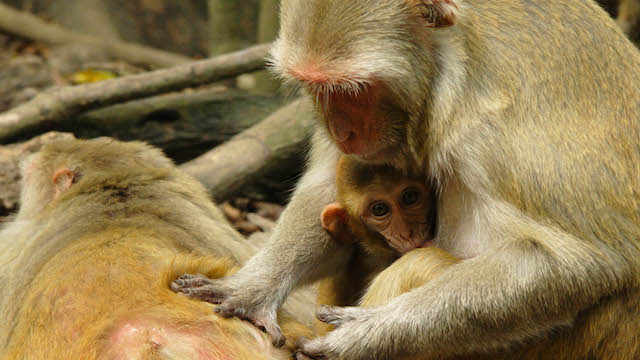 UNIVERSITY OF EXETER, LAUREN BRENT
UNIVERSITY OF EXETER, LAUREN BRENT
The link between social class and health in social mammals has been well documented. But new research in rhesus monkeys could shed light on the mechanism behind these observations. In a study of 45 female monkeys, researchers observed that changes in social status affected genes that associated with stress and inflammation. The lower a monkey’s social status, the more poorly her immune system performed. The findings are described in a paper published last week (November 25) in Science.
“There was nothing intrinsic about these females that made them low status versus high status,” study coauthor Noah Snyder-Mackler, of Duke University told The New York Times. “But how we manipulated their status had pervasive effects on their immune system.”
Snyder-Mackler and colleagues first placed monkeys into ...





















